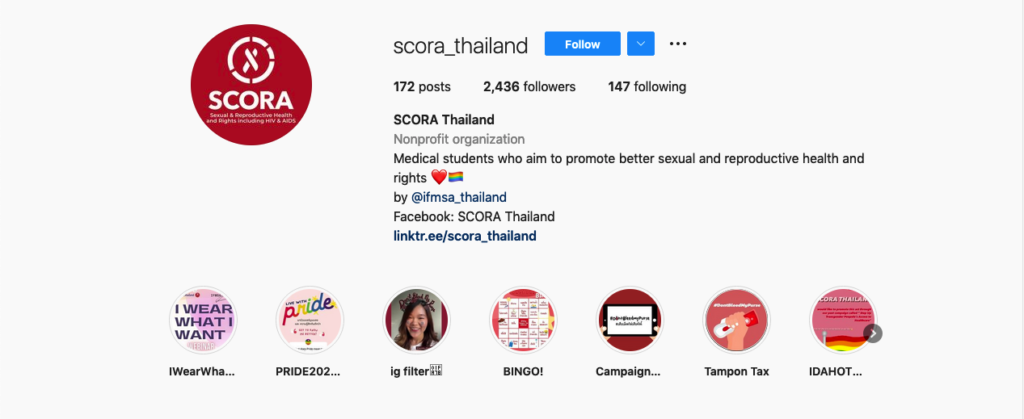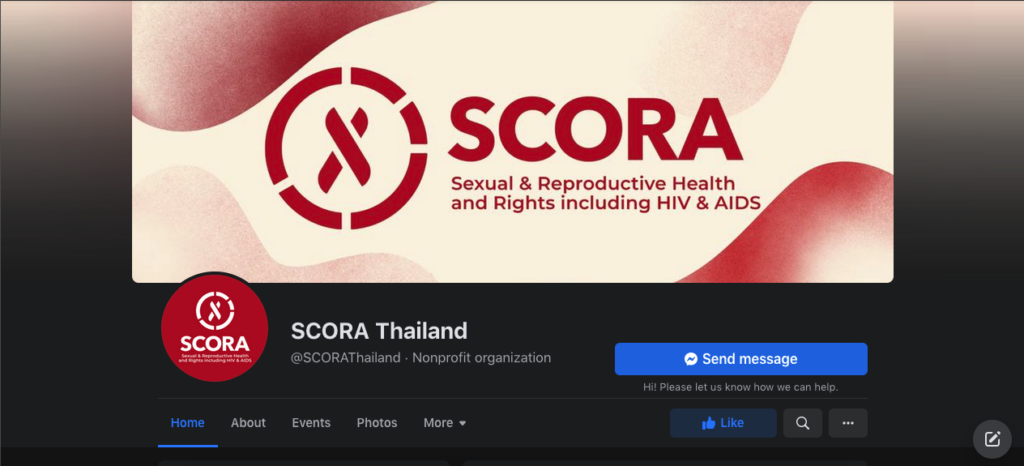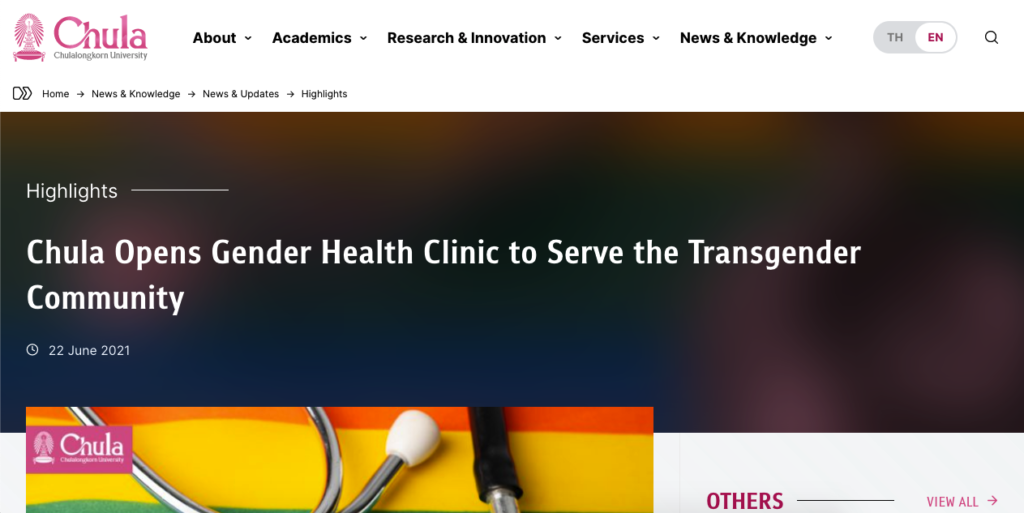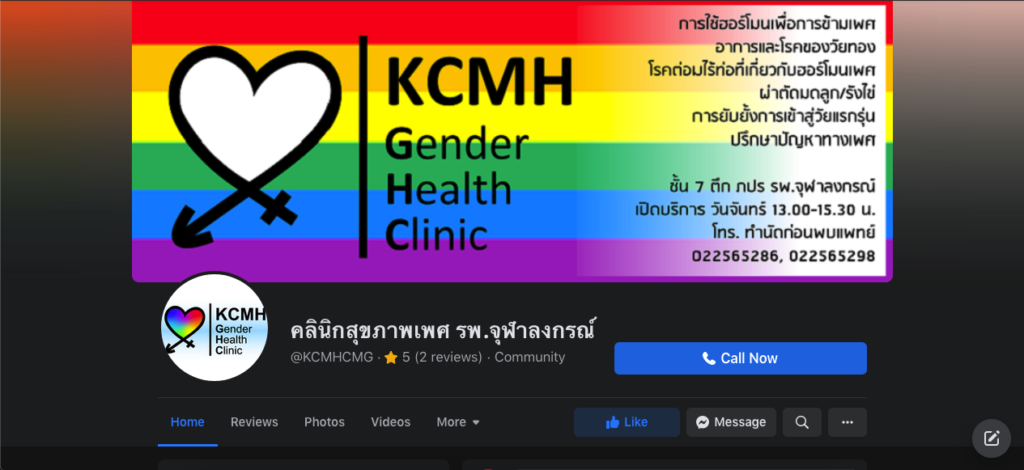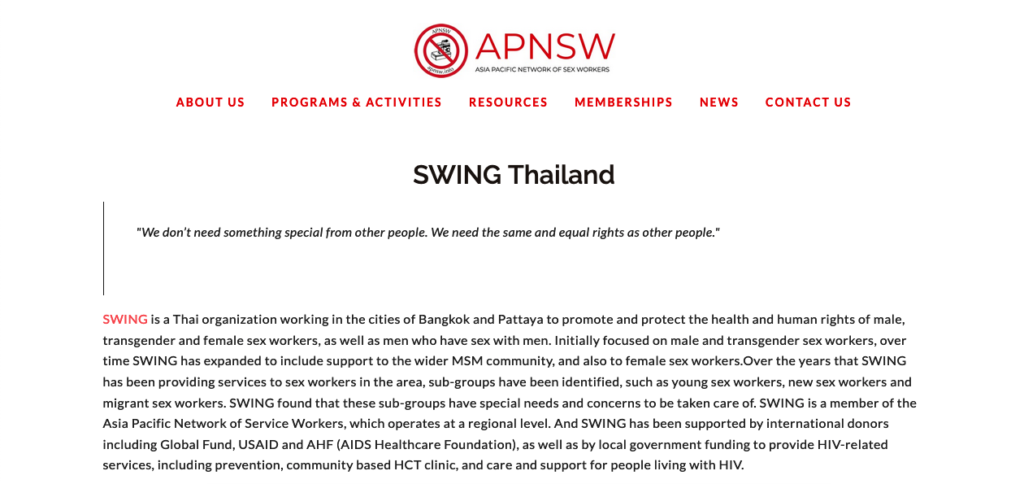Protecting transgender and sex workers’ health through digital advocacy in Thailand: Titaya Punyaratabandhu, Thailand
By Tharindi Devasurendra – Tuesday, December 14, 2021

Titaya is a third year medical student from Bangkok, Thailand, studying at Chulalongkorn University. She joined the International Federation of Mecdical Students Association(IFMSA) in the Standing Committee of Sexual and Reproductive Health and Rights including HIV and AIDS (SCORA) Thailand.
Her work started during the pandemic where she initiated a webinar series that focused on promoting sexual and reproductive health and rights issues, a conversation that was often ignored during the pandemic.. She began working at the local level and shortly enough, climbed up within the organisation and activism to work as the Regional Assistant for SCORA Asia-Pacific.
Titaya is currently conducting research on transgender healthcare with the help and expertise of her professors from her university who are working on gender affirmation surgery and hormone therapy.Her university also provides a transgender and LGBTQ+ friendly clinic that serves specfically for members of the community Titaya in her work, focuses on gender based violence, safe abortion and sex workers. Many sex workers are at risk of being negatively affected by the pandemic in Thailand. Since the government has failed to provide financial and social support, Titaya has been trying to support key populations’ access to healthcare services, especially for HIV/AIDS and STIs. Titaya has been trying to build a network of support and build a comprehensive understanding among medical students by educating them about the specific challenges members of the LGBTIQ+ community face.
Most of the work carried out by IFMSA is volunteer based. She says that a lot of professors and non-governmental organizations help a lot with their work which helped them continue their projects. She also emphasises the support of her friends, peers, colleagues and professors in carrying out work around advocacy, SRHR and mental health as they have been a huge pillar of strength in balancing her work as a medical student and as an activist.
Titaya is heavily involved in advocacy. She mentioned that the pandemic has created challenges because of limited social interactions and engagements with her team members but at the same time, recognizes the advantages to increased engagement on social media platforms. With webinars and heavy online use starting to take the spotlight throughout the pandemic, she has been trying to utilize the digital space to expand her reach to the general public in Thailand. With all the positive aspects, she also points out the problems of cyberbullying online especially when talking about controversial issues pertaining to safe abotion and the LGBTIQ+ community. To navigate these issues, she has managed to develop a crisis management protocol with her colleagues on how to respond to these situations and who should be consulted when responding to online negativity
Titaya and her colleagues started interactive sessions on Sundays called Sunday Pride Cafe, which involved people sharing stories and encouraging others to join the conversation circle. These sessions were held to help people deal with “zoom fatigue”.
Due to the consequences of the pandemic, Titaya mentioned that healthcare professionals had trouble reaching out to patients to continue with HIV treatments, STI checkings, providing hormonal treatments and providing health care in general. To tackle these problems, her professors and herself, created an initiative to help sex workers get the care they need through a clinic called SWING.SWING is a Thai organization working in the cities of Bangkok and Pattaya to promote and protect the health and human rights of male, transgender and female sex workers, as well as men who have sex with men. Initially focused on male and transgender sex workers, over time SWING has expanded to include support to the wider MSM community, and also to female sex workers. Due to the time schedules of sex workeres, she says that it is important to have a holistic mindset in approaching their needs as sex workers mostly work during the night and the hospital need to accomodate their availability of time.
Share post


